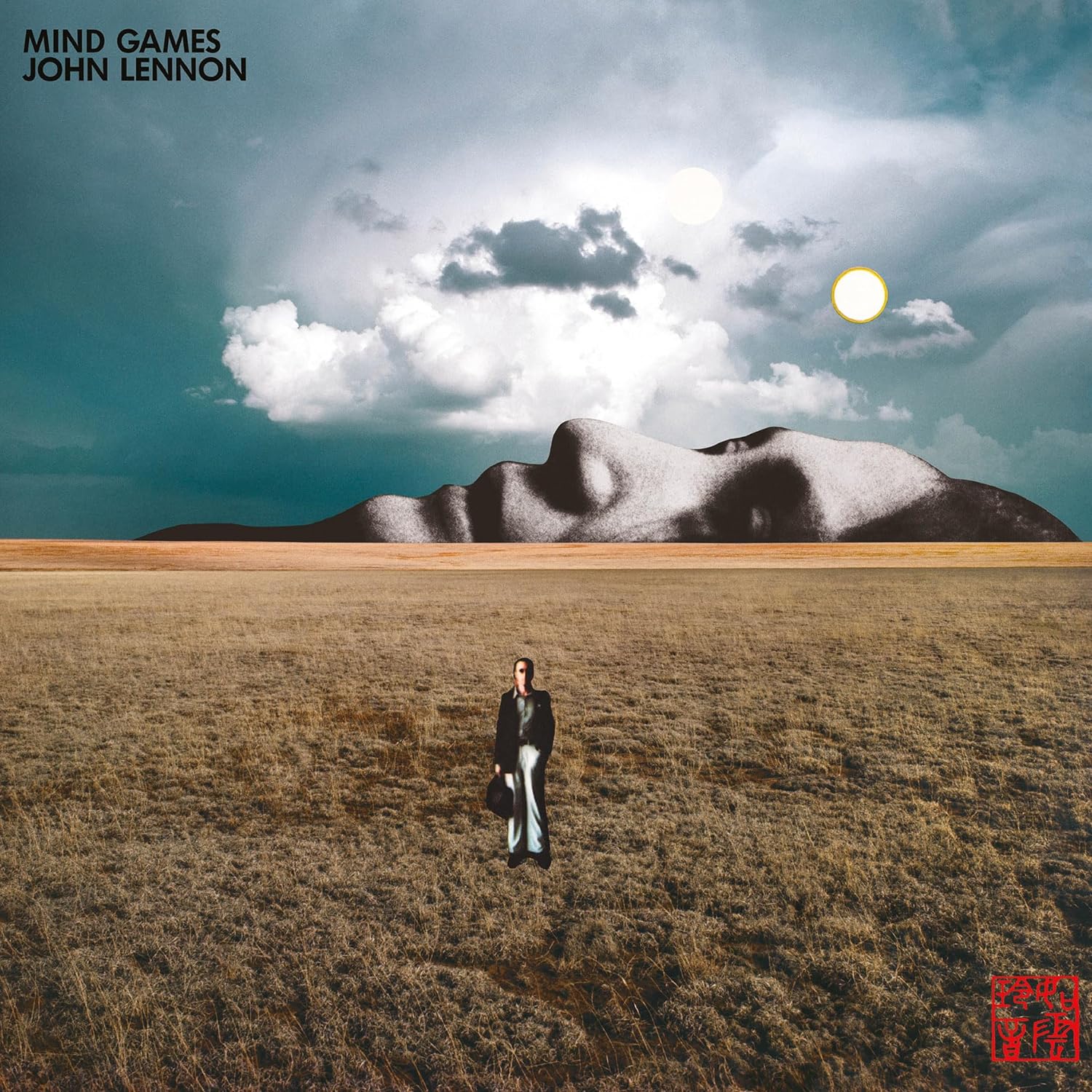 It is perfectly fine that John Lennon’s 1973 album, Mind Games, will be released July 12, 2024, in six (count ’em—six) different mixes—including a “super deluxe box” priced at a mind-blowing $1,350 that is limited to 1,000 copies, but…
It is perfectly fine that John Lennon’s 1973 album, Mind Games, will be released July 12, 2024, in six (count ’em—six) different mixes—including a “super deluxe box” priced at a mind-blowing $1,350 that is limited to 1,000 copies, but…
Why re-re-re-release a 50-year-old second-tier Lennon album (except for the title track, and “Intuition” and “Meat City,” in this writer’s opinion), when an album or two of entirely new Lennon songs could be issued instead?
What? New Lennon songs? Yes.
Artificial intelligence “demixing” technology now enables all of Lennon’s home tapes from the ’70s to be upgraded to studio quality, or close to it, as was demonstrated by “the last Beatles song,” as Paul McCartney dubbed the Lennon composition “Now and Then,” released in November 2023. The terrible quality home cassette of “Now and Then” (abandoned as the proposed third reunion Beatles track in 1995) was AI-stripped of electronic buzz, echoey piano and background TV noise, leaving Lennon’s vocal pristine and beautiful.
This is not to suggest that all the home tapes simply be AI-improved and released. It is to say that these demos, usually done with nothing more than a handheld recorder, now invite completion with full arrangements, musicians, harmony vocals, bells and whistles.
The cache of tapes, made mostly during Lennon’s so-called “house husband” years from 1975 to 1980, are legendary. Many were aired on The Lost Lennon Tapes radio series in the ’80s, and have turned up on bootlegs. There are complete songs, partial songs, early versions of works later finished very differently. There are ballads (“That’s the Way the World Is”), anthems (“Gone From This Place”), jokes (the biting “Serve Yourself” parody of Bob Dylan—released on the Lennon “Signature” boxed set), complete songs (“She’s a Friend of Dorothy,” “You Saved My Soul,” “One of the Boys,” many others).
A number of them were reportedly earmarked for a musical that was never realized (what became the Beatles’ “Free as a Bird,” was one); some showed up in rewritten or partial form on Lennon’s final albums, Double Fantasy and Milk and Honey. All reveal a Lennon who was still changing, and evolving, as a songwriter.
This all amounts to an open door waiting for Sean Ono Lennon to walk through. That is, he could arrange, play any number of instruments, hire musicians (old friends of Lennon, such as Elton John, Paul McCartney, Ringo Starr, Eric Clapton, Jim Keltner—or his own peers) and turn home recordings into finished, polished new studio-quality Lennon works. Julian and he could sing harmony vocals together, Giles Martin could compose string parts. Song fragments could be merged into small suites, a la “Mean Mr. Mustard”/“Polythene Pam.” In cases where only a chorus was written, perhaps Sean could write verses, making a Lennon-Lennon composition. Creativity is the limit.
Why not?
Many of the work tapes argue persuasively for such a project. The fairly glorious “India, India,” released on the Lennon Signature boxed set, really should have been among the tapes given to the so-called “Threetles” by Yoko Ono in 1993, and still could be given a proper sendoff with fine arrangement today.
But there is one song that, perhaps more than any other, begs for saving and completion, and that is “Memories.” Call it Lennon’s greatest lost song, or close to it. At the very least, it is one of the loveliest, most poignant and reflective things the man ever wrote, a song that exists in several home “takes,” a song that does more, in my view, to capture the contemplation and uncertainty of Lennon’s five-year retreat. . .
Memory oh memory, release me from your spell
Today is all I need to know
Why do you have to haunt me when I thought I’d let you go
I hear you whispering through the cold and lonely snow…
The song began life as “Tennessee,” a heartfelt paean to the works of Tennessee Williams, about as unlikely a song and subject as Lennon ever ventured. The first and only known recordings of “Tennessee” date to 1975, and feature unusually reflective poetry. A sample:
Tennessee, oh Tennessee what you’ve shown to me
Your words like water pure and clear
The sadness of your soul reveals the music of the sphere
And sealed beyond your spirit mind
Your poet’s love and fear
America, America
Your heroes are alive
Your faded fear and glory will survive
The madness in your soul supplies the all-consuming fire
Beneath your spirit (unknown) lies the Streetcar Named Desire
Listen to a version of “Tennessee”
Whatever Lennon’s reputed affinity for the work of Tennessee Williams might have been, it was not enough to stop him from rewriting the song in coming years as “Memories”—with a complete, multi-verse version in 1980, and his long-standing fragment, “Howling at the moon,” worked in as a “middle eight.” The lyrics read as finished, and he accompanied himself tidily at the piano, with, in one take, overdubbed syncopated acoustic guitar lines here and there. Some of the words:
Memory, memory, you’re meaning less to me (or “meaningless”)
Watching late-night movies on TV
Motionless I see them as they drift before my eyes
Crystal-clear and sparkling
Reflecting through my mind
Wondering, wondering, Is that really me?
Running ’round in circles like a fool
Ah, with such absurdity
It’s a wonder I survived
Ah, the angels have been good to me
I’m glad to be alive
Sometimes, I think the daylight
Daylight has come too soon
Hoping for something that’s better
Than howling at the moon…
(Note: “absurdity” sounds like “insanity” the second time he sings it, later in the song.)
Related: More on the Mind Games anniversary release
What immediately strikes is how the song has gone from “Memories, memories, release me from your spell” (1975), to “Memories, memories, you’re meaningless (or meaning less?) to me” (1980). In other words, it’s clear that Lennon has tried to come to terms with the “memories” that haunted him, and has been “released from the spell.” If the song is realized, logic would suggest starting with the 1975 verse, and then segueing to the later lyrics, as if the singer is answering the tender question he poses at the outset.
It’s clear that Lennon worked thoughtfully on the words, and they do not read like “place-holders” to be rewritten later. They are marked by the characteristic poetic quality found in his tender, contemplative ballads, and, rather chillingly in retrospect, they might read more like the mulling of a person reaching the end of life, rather than embarking on middle age. To wit, verse three, which carries a kind of Buddhist world-wisdom:
Endlessly, endlessly like driftwood on the sea
And memories are flooding on in
And the cats just listen to someone else’s dream
No friends and yet no enemies
But teachers they all have been…
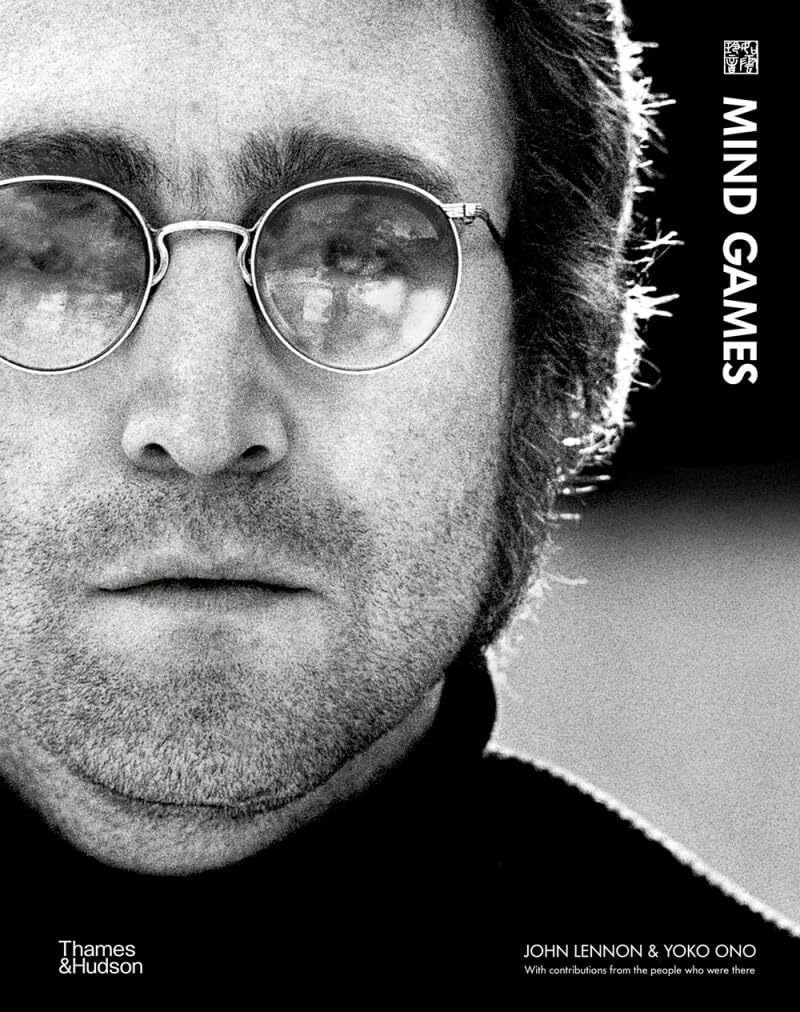 The melody of “Memories” could not be more evocative of the subject matter. Questioning, plaintive, it sounds almost like something from a reverie, dream. And yet, as per Lennon’s composing habits, the song’s melody had been in his mental file quite a while, before finding the lyrics to become “Memories.” (Another example: “Child of Nature” morphing into “Jealous Guy.”) Also, the “Memories” melodic lines do crop up here and there in other work; bits of it are in “India, India,” “Watching the Wheels” and “Grow Old With Me.” (There is even a seeming echo of “Hey Jude,” in the line, “Motionless I see them…” which resembles “Remember to let her under your skin.”)
The melody of “Memories” could not be more evocative of the subject matter. Questioning, plaintive, it sounds almost like something from a reverie, dream. And yet, as per Lennon’s composing habits, the song’s melody had been in his mental file quite a while, before finding the lyrics to become “Memories.” (Another example: “Child of Nature” morphing into “Jealous Guy.”) Also, the “Memories” melodic lines do crop up here and there in other work; bits of it are in “India, India,” “Watching the Wheels” and “Grow Old With Me.” (There is even a seeming echo of “Hey Jude,” in the line, “Motionless I see them…” which resembles “Remember to let her under your skin.”)
The song was “finished,” as much as Lennon was allowed to finish anything, in 1980, but he held it back during the sessions for what became the Double Fantasy and Milk and Honey albums. Perhaps he wanted to revise it further, perhaps he rejected it altogether, though given the labor expended on revising and writing it, this seems unlikely. More probably, he was saving the song for a spot on a future record.
No matter the possibilities, this song is far too moving, lovely, and meaningful to be forgotten in a pile of what-might-have-been cassette demos. It is a substantial utterance by Lennon in the prime of life, still growing as a melodist and lyricist. It begs to be realized properly, instead of where it now resides: unfinished, raw, lost on bootlegs and YouTube. . .
Endlessly, endlessly, like driftwood on the sea. ..
“Memories” tapes can be found here:
Early take
Most complete
The 2024 editions of Mind Games are available in the U.S. here and in the U.K. here.

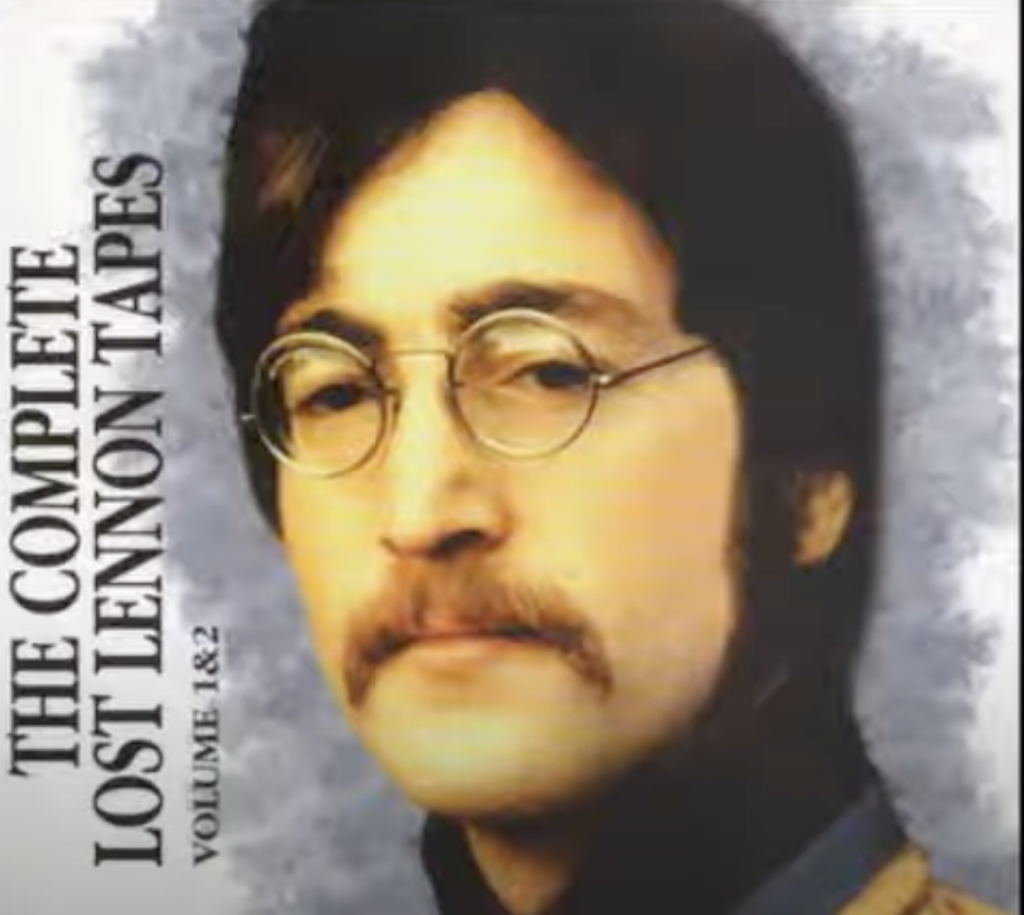
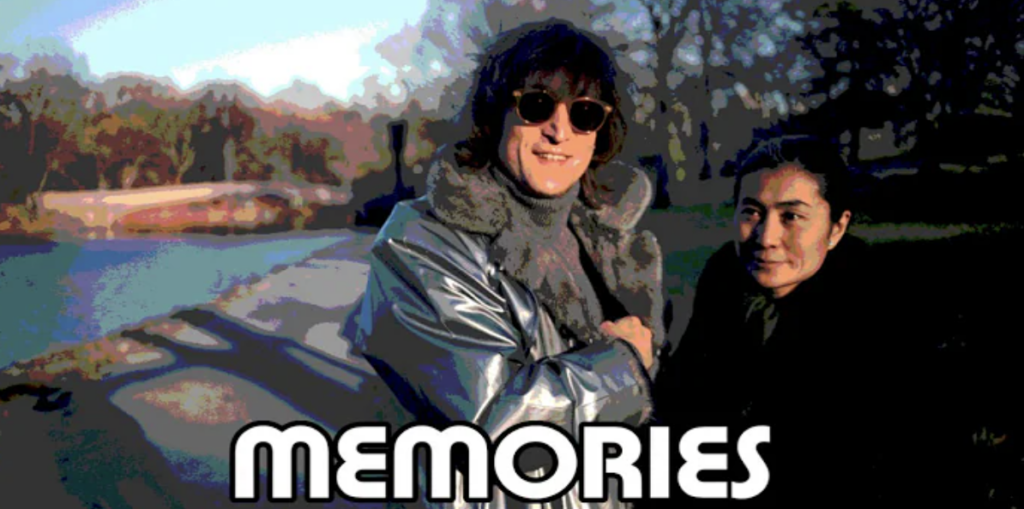
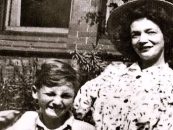

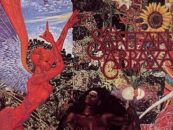


No Comments so far
Jump into a conversationNo Comments Yet!
You can be the one to start a conversation.